Palm oil mill effluent (POME) is a liquid discharge from the palm oil milling process. POME without proper treatment could be harmful to environment because it emitted greenhouse gas emissions into the atmosphere. Therefore, due to its high organic carbon content, POME has currently been applied to generate biogas.

These systems may in future solve the oil palm biomass disposal problem in palm oil mills as currently the combustion of fibre and shell in boilers has been made intentionally low in efficiency; more of a disposal means, rather than for the optimal utilization of the biomass to produce energy [15], [26].
Get Price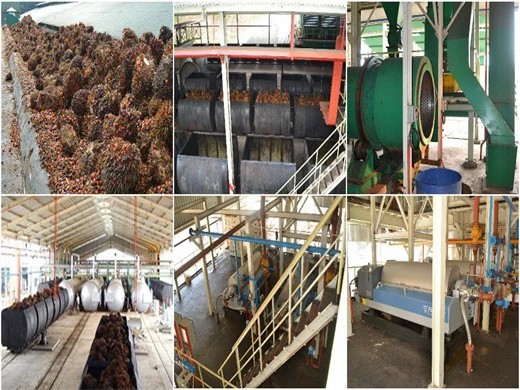
The potential of treated palm oil mill effluent (Pome) sludge as an organic fertilizer Article (PDF Available) 路 April 2016 with 2,321 Reads How we measure 'reads'
Get Price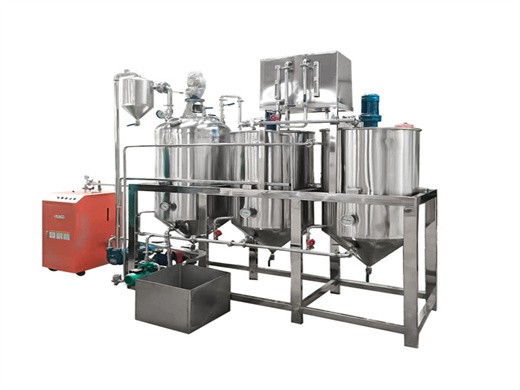
Palm oil mill effluent (POME) is a highly polluted wastewater that consists of a high organic content of 4% total solids; a potential renewable energy source. A waste to energy study was conducted to improve biogas production using POME as substrate by ultrasonication pretreatment at mesophilic temperatures.
Get Price
Palm oil mill effluent (POME) is a wastewater generated from palm oil milling activities which requires effective treatment before discharge into watercourses due to its highly polluting properties.
Get Price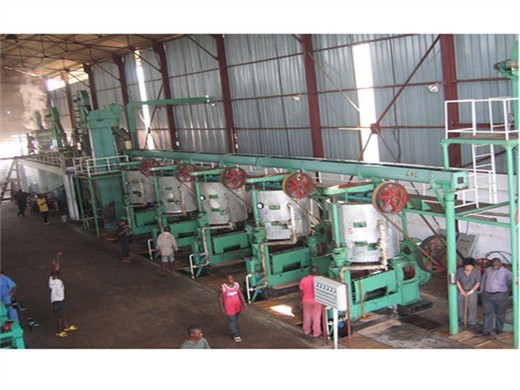
Characteristics of palm oil mill effluent final discharge. The physico-chemical properties of POME FD (treatment) and rain water (control) are shown in Table 1.POME FD is characterized as slightly
Get Price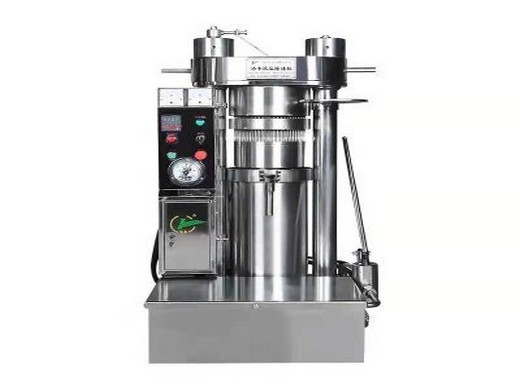
In particular, POME is a basic expression referring to the effluent from the last phases of palm oil manufacture in the mill. It incorporates different fluids, dirt, leftover oil and suspended solids. POME in its untreated shape is a high quality waste, relying upon the operation of the procedure.
Get Price
Potential renewable energy from oil palm biomass based on 95.38 million tonnes of fresh fruit bunches processed in 2014, with estimated availability of oil palm fronds and trunks (鈭?0%) and palm oil mill effluent (5% dry basis), computed based on calorific value .
Get Price
We are generating approximately 54 million tonnes of palm oil mill effluent (POME), known to generate biogas consisting of methane - a Green House Gas (GHG) identifiable to cause global warming. This is 21 times more potent GHG than CO. 2. These two major oil palm wastes are a . viable renewable energy (RE) source for production of electricity.
Get Price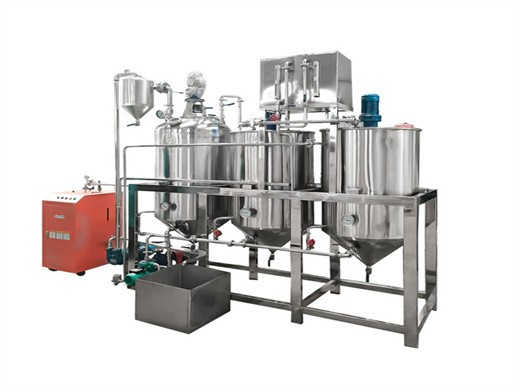
Characteristics of palm oil mill effluent final discharge. The physico-chemical properties of POME FD (treatment) and rain water (control) are shown in Table 1.POME FD is characterized as slightly
Get Price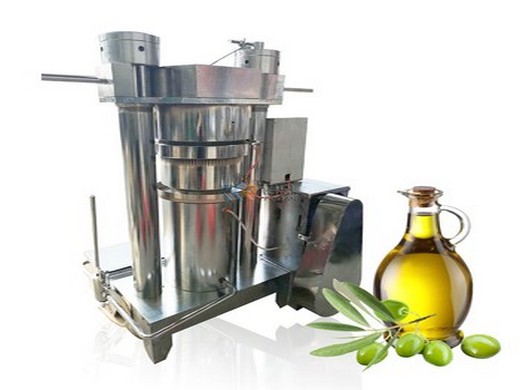
Palm oil mill contributed a significant benefit to agro-based industry and social-economic for Malaysia. Palm oil mill effluent (POME) is considered as a polluted wastewater and the treated POME
Get Price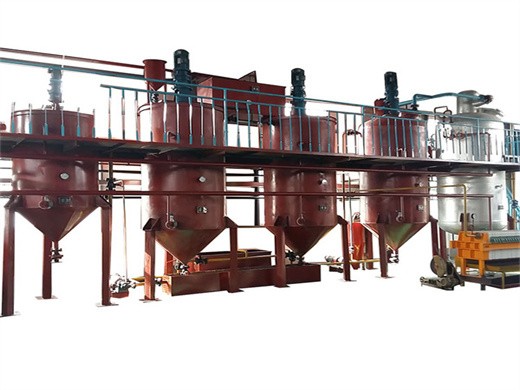
Full Article. OIL PALM FIBERS AS PAPERMAKING MATERIAL: POTENTIALS AND CHALLENGES. Wan Rosli Wan Daud, a, * and Kwei-Nam Law b This paper reviews the physical and chemical characteristics of fibers from the stem, fronds, and empty fruit bunches of oil palm tree in relation to their papermaking properties.
Get Price
In recent decades, Malaysia has been known as one of the world leading producers and exporters of palm oil products. Every year, the number of palm oil mills increases rapidly, thus increasing the capacity of fresh fruit bunch waste or effluent discharge. Based on the data from the Malaysian Palm Oil Board in 2012, Malaysia produced 99.85 million tons of fresh fruit bunch (FFB) per year
Get Price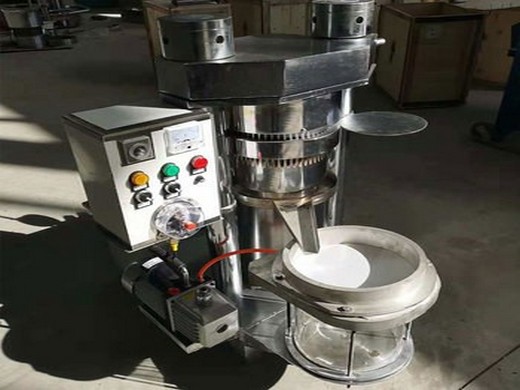
estimate that around 8% of all palm residues would be used in this way if all palm oil mills in Indonesia operated on biomass heat and power. The use of biogas heat and power from anaerobic decomposition of palm oil mill effluent (POME), a milling residue, is an emerging practice, but it is not explicitly considered here. This use of POME would
Get Price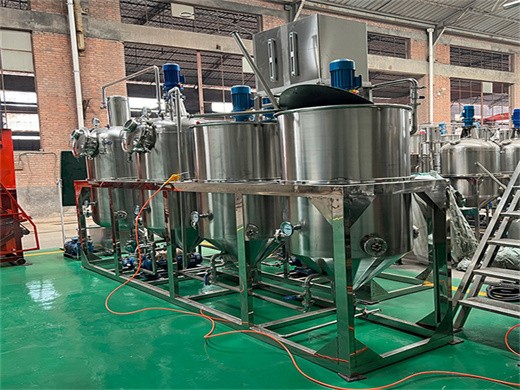
Currently Aceh has 458,616 hectares of oil palm plantation with production of 1,077,099 tons, processed in 40 Palm Oil Mill and produces about 607 thousand Palm Oil Mill Effluent (POME).
Get Price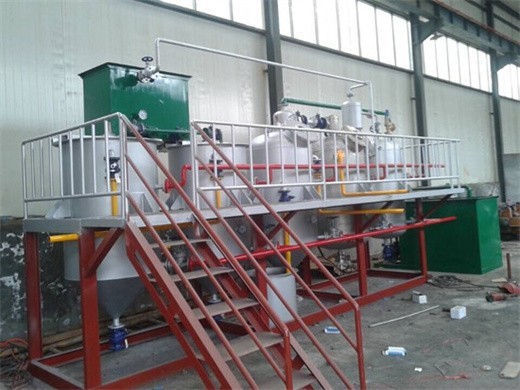
4. Recycling of palm oil mill effluent as renewable sources of fertilizers and carotene. Of late, the versatility of recycling and reservation of agricultural waste as renewable resources has been one of the most challenging tasks, which is deeply embedded with extensive momentum and popularity.
Get Price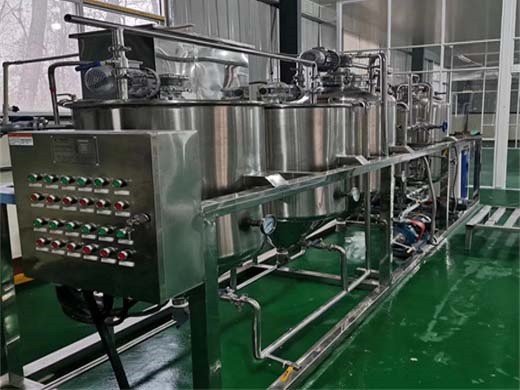
Palm oil mill contributed a significant benefit to agro-based industry and social-economic for Malaysia. Palm oil mill effluent (POME) is considered as a polluted wastewater and the treated POME
Get Price
Renewable and sustainable bioenergies production from palm oil mill effluent (POME): Winin strategies toward better environmental protection On the other hand, POME was identified as a potential source to generate renewable bioenergies such as biomethane and biohydrogen through anaerobic digestion. In other words, a combination of
Get Price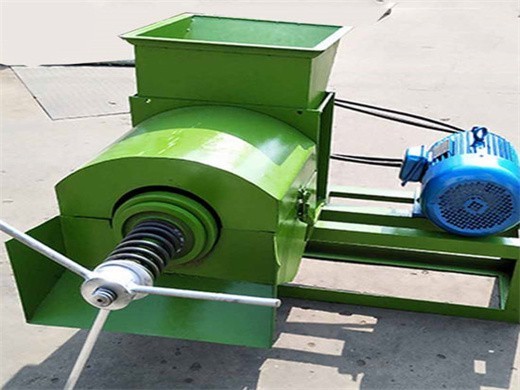
Palm oil mill effluent treatment and utilization to ensure the sustainability of palm oil industries. A palm oil mill with 45 ton FFB/hour capacity has potential to generate about 0.95-1.52 MW of electricity. Coupling the POME-based biogas digester and anaerobic co-composting of empty fruit bunches (EFBs) is capable of adding another 0.93 MW.
Get Price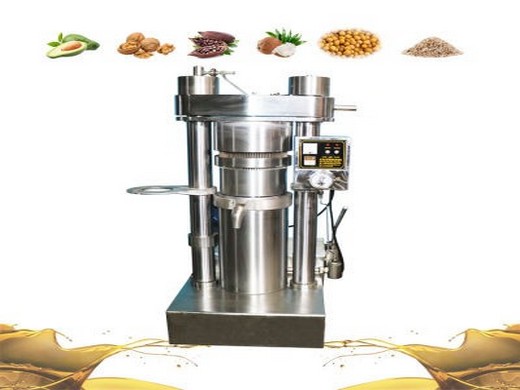
Renewable and sustainable bioenergies production from palm oil mill effluent (POME): win-win strategies toward better environmental protection. Lam MK(1), Lee KT. Author information: (1)School of Chemical Engineering, Universiti Sains Malaysia, Engineering Campus, Seri Ampangan, 14300 Nibong Tebal, Pulau Pinang, Malaysia.
Get Price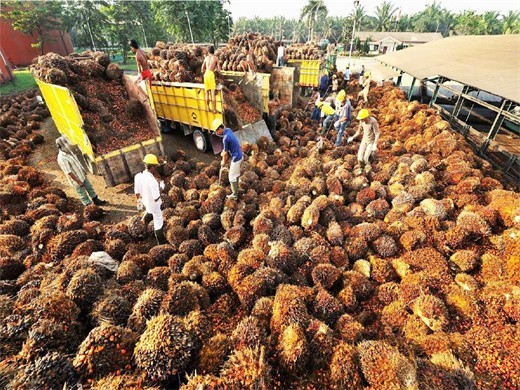
The Potential of Palm Oil Waste Biomass in Indonesia in 2020 and 2030 The Utilization of Palm Oil Mill Effluent For Renewable Energy. Article. therefore, was to utilize the palm oil mill
Get Price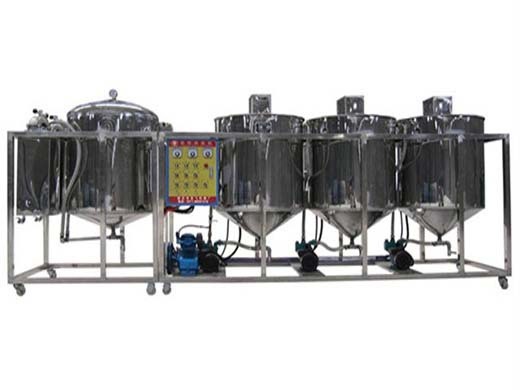
Chlorella sorokiniana CY-1 was cultivated using palm oil mill effluent (POME) in a novel-designed photobioreactor (NPBR) and glass-made vessel photobioreactor (PBR). The comparison was made on biomass and lipid productions, as well as its pollutants removal efficiencies. NPBR is transparent and is
Get Price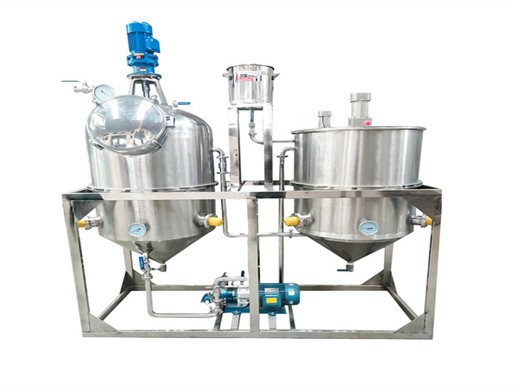
We are generating approximately 54 million tonnes of palm oil mill effluent (POME), known to generate biogas consisting of methane - a Green House Gas (GHG) identifiable to cause global warming. This is 21 times more potent GHG than CO. 2. These two major oil palm wastes are a . viable renewable energy (RE) source for production of electricity.
Get Price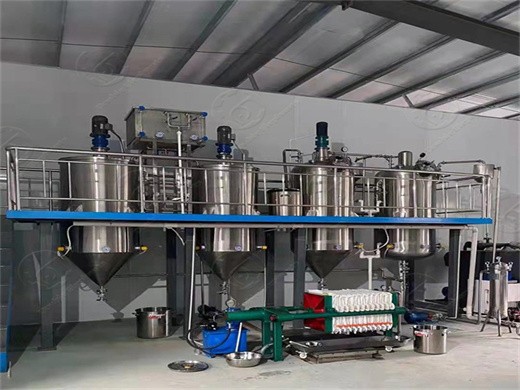
Characteristics of palm oil mill effluent final discharge. The physico-chemical properties of POME FD (treatment) and rain water (control) are shown in Table 1.POME FD is characterized as slightly
Get Price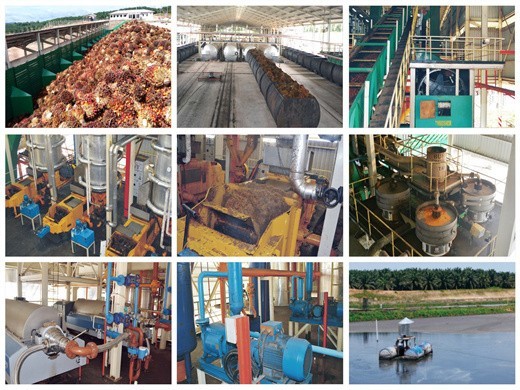
Biogas is a promising sustainable and renewable energy alternative to reduce the dependence on fossil fuel. In Malaysia, the conversion of palm oil mill effluent (POME) to bioenergy has recently been expanded due to its high potential in generating energy.
Get Price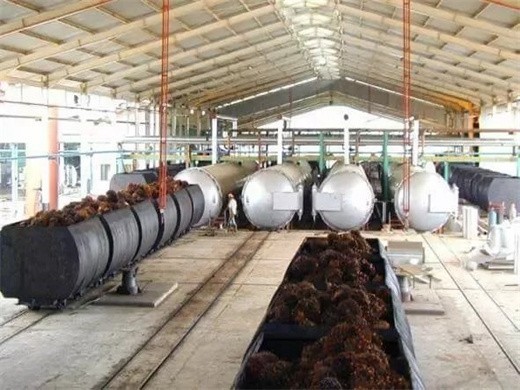
Enzymatic Hydrolysate of Palm Oil Mill Effluent as Potential Substrate for Bioflocculant BM-8 Production microalgae, nucleic acids, oil mill effluents, pH, polysaccharides, response surface potential as a flocculating agent. CONCLUSION: The study demonstrated that POME hydrolysate may be used as a cheap and renewable substrate for BM-8
Get Price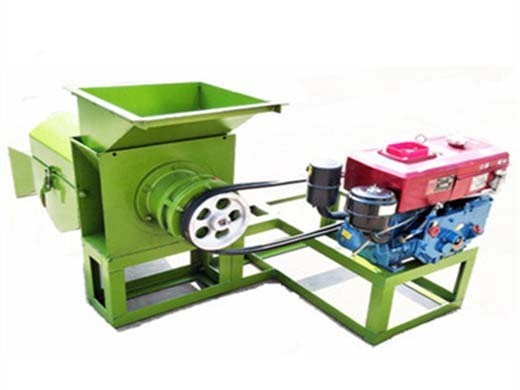
Palm oil mill effluent (POME) is a highly polluted wastewater that consists of a high organic content of 4% total solids; a potential renewable energy source. A waste to energy study was conducted to improve biogas production using POME as substrate by ultrasonication pretreatment at mesophilic temperatures.
Get Price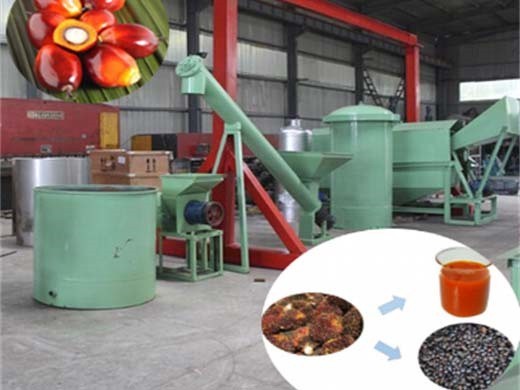
This is 21 times more potent GHG than CO 2 . These two major oil palm wastes are a viable renewable energy (RE) source for production of electricity. If the two sources are used in harnessing the renewable energy potential the pollution intensity from usage of non-renewable sources can also be reduced significantly.
Get Price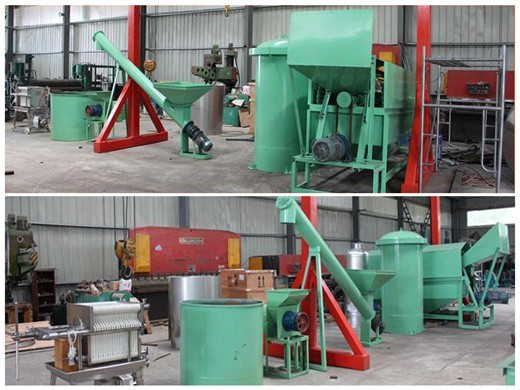
Full Article. OIL PALM FIBERS AS PAPERMAKING MATERIAL: POTENTIALS AND CHALLENGES. Wan Rosli Wan Daud, a, * and Kwei-Nam Law b This paper reviews the physical and chemical characteristics of fibers from the stem, fronds, and empty fruit bunches of oil palm tree in relation to their papermaking properties.
Get Price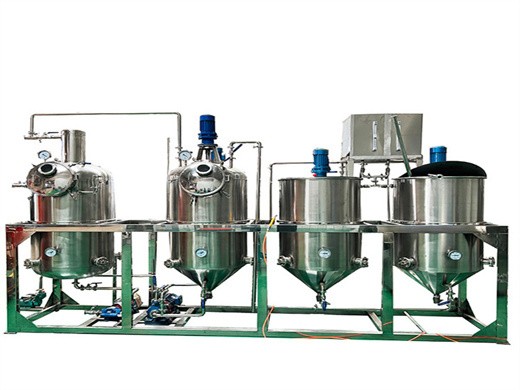
Palm oil mill boiler bottom ash is generated during the mechanical vibrating gate operation in the furnace. Palm oil mill boiler-retained ash is produced during the flow of the resulting flue gases, during which the gases are trapped in a baffle of the boiler. Palm oil mill collector ash originates from the dust collector or multicyclone.
Get Price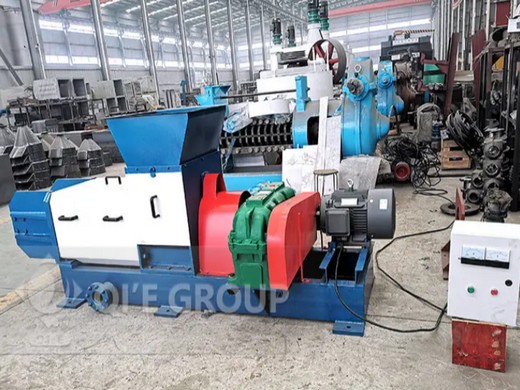
Palm oil mill effluent is also hardly used and creates an accumulating problem at the oil production mills. Literature clearly shows that biomass utilisation is not optimised and that there is a demand for other
Get Price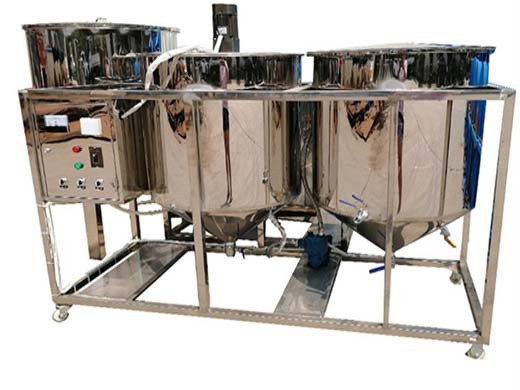
The potential utilization of oil palm in various industrial fields has been discussed. Oil palm not only can be used as source of edible oil but also it can be enhanced into excellent renewable energy. Oil palm is one of the most productive bio-diesel crop.
Get Price
Characteristics of palm oil mill effluent final discharge. The physico-chemical properties of POME FD (treatment) and rain water (control) are shown in Table 1.POME FD is characterized as slightly
Get Price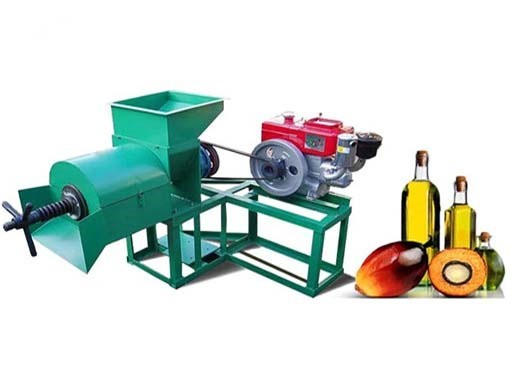
Palm oil mill effluent (POME) is a highly polluted wastewater that consists of a high organic content of 4% total solids; a potential renewable energy source. A waste to energy study was conducted to improve biogas production using POME as substrate by ultrasonication pretreatment at mesophilic temperatures.
Get Price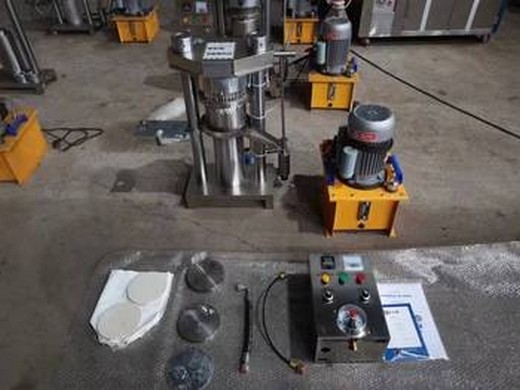
THE POTENTIAL OF PALM OIL MILL EFFLUENT FOR UPGRADE OF BIOGAS PRODUCTION Muhammad Kismurtono1 and Hardi Julendra2 1.2Technical Implementation Unit for Development of Chemical Engineering Processes, LIPI Jl.Gading-Wonosari km 7, Gading-Playen, Gunungkidul, 55861, Indonesia Abstract - The increased consumption of energy
Get Price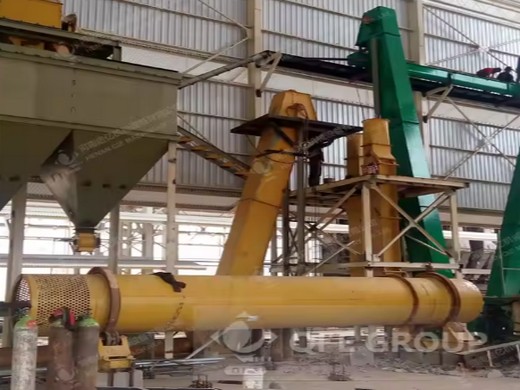
Yap, CC, Ng, WPQ, Chong, MF, Supramaniam, CV, Chan, YJ, Loh, SK, Soh, AC & Ng, DKS 2025, Challenges and potential of palm-based biomass and palm oil mill effluent for the production of sustainable power and value-added products. in M-Y Wong (ed.), Impacts and Challenges in Oil Palm Cultivation and Downstream Applications of Biomass.
Get Price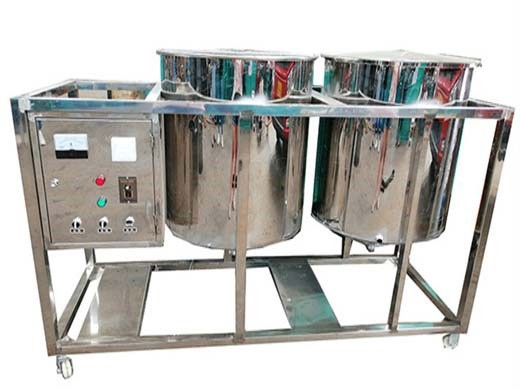
Full Article. OIL PALM FIBERS AS PAPERMAKING MATERIAL: POTENTIALS AND CHALLENGES. Wan Rosli Wan Daud, a, * and Kwei-Nam Law b This paper reviews the physical and chemical characteristics of fibers from the stem, fronds, and empty fruit bunches of oil palm tree in relation to their papermaking properties.
Get Price
The generation of palm oil mill effluent (POME) alongside with the production of crude palm oil has created environmental issue for the palm oil mill industry in Malaysia due to its polluting characteristics. POME with its high organic content is a source with great potential for biogas production.
Get Price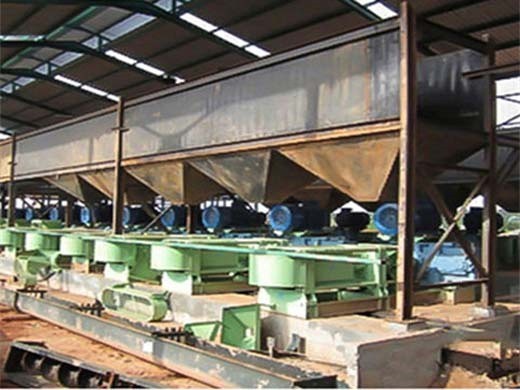
Thailand (1996). This is due to the specific conditions of the Palm Oil Mill effluent. These conditions and the reasons for the required standards are prescribed in the Environmental Guidelines for Palm Oil Mill Industry. Summarising this, it has to be recognized that after full biological treatment, even if this treatment achieves a very
Get Price